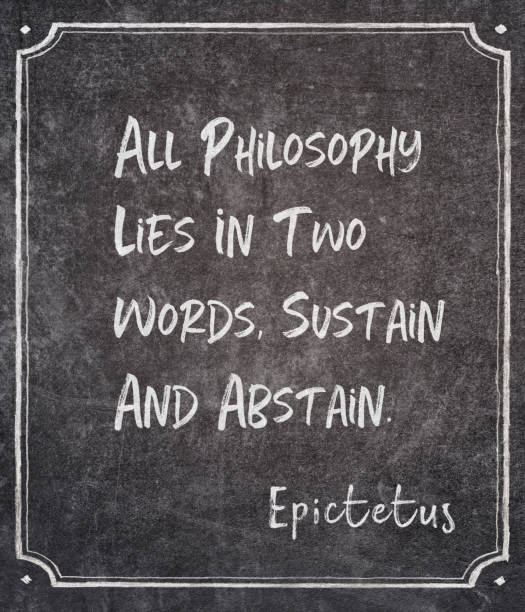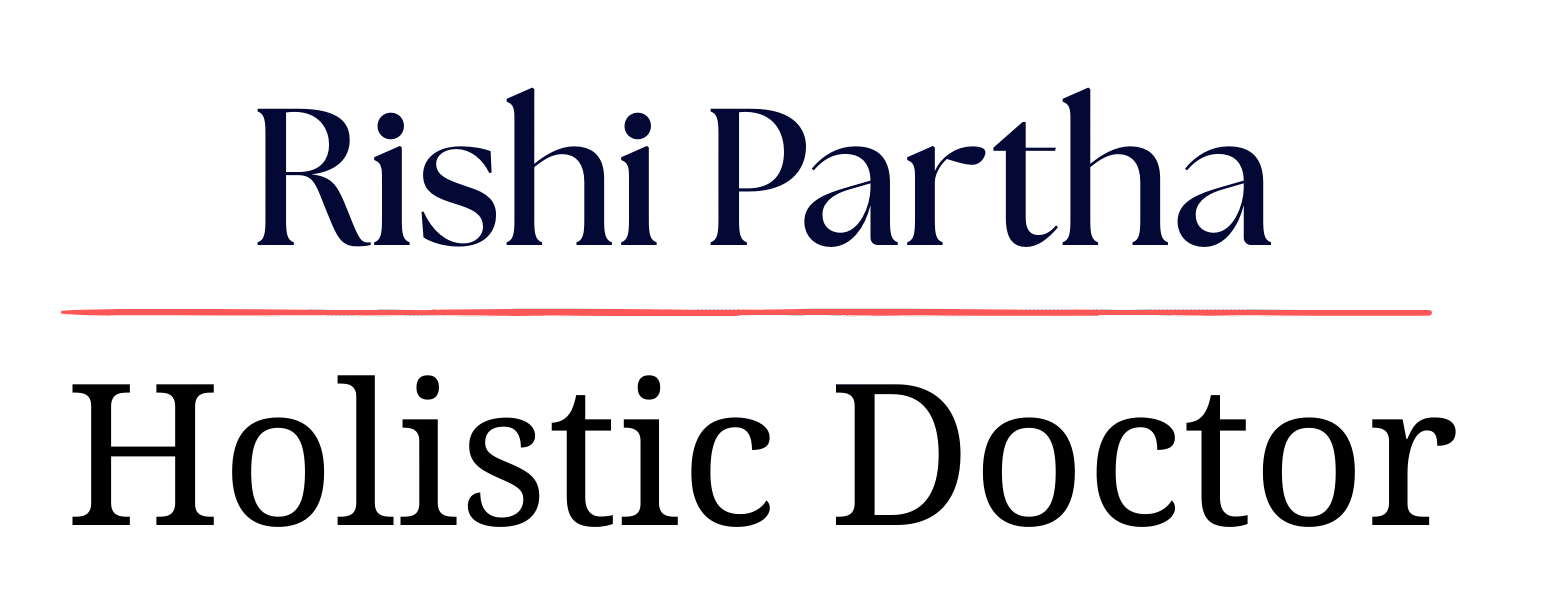Epictetus on Judgments and Impressions
When facing challenges or setbacks, it’s easy to label experiences as “good” or “bad.” But what if those labels are not inherent truths, but products of our own minds? This is a central lesson from the ancient Stoic philosopher, Epictetus, whose teachings about judgments and impressions remain profoundly relevant for holistic health and wellbeing today.
Understanding Judgments and Impressions
Epictetus, a former slave who became one of Rome’s most respected philosophers, taught that our impressions—the immediate ways we perceive the world—are just that: perceptions. They are not facts, but initial reactions. He said:

“It’s not things themselves that disturb us, but our opinions about them.”
(Enchiridion, 5)
According to Epictetus, nothing is inherently good or bad; it is our judgment that makes it so. When something happens—whether it’s a lost job, a difficult diagnosis, or an unexpected opportunity—our minds rush to judge: “This is terrible,” or “This is wonderful.” But in reality, the event is neutral. The emotional charge comes from our interpretation.
Why Does This Matter?
For those of us focused on holistic health, this insight is transformative. Our mental and emotional well-being is deeply shaped by how we frame our experiences. If we can pause and notice our impressions before we judge them, we create space for a healthier response.
Consider these steps, inspired by Epictetus:
- Pause before reacting.
When something happens, notice your first impression—then question it. Is this truly “bad,” or just unexpected? - Reframe with curiosity.
Ask yourself: “What else could this mean?” or “Is there a hidden lesson or opportunity?” - Cultivate equanimity.
Recognize that your power lies not in controlling events, but in controlling your judgments about them.
Modern Applications
In today’s fast-paced world, stress and anxiety often arise from our judgments. If you find yourself overwhelmed by a situation, remember Epictetus’ wisdom:
“Men are disturbed not by things, but by the view which they take of them.”
By practicing mindful awareness of your impressions and judgments, you can foster resilience, reduce suffering, and embrace a more balanced, holistic approach to life.
Timeless wisdom, indeed: It’s not what happens to us, but how we judge what happens, that shapes our experience.
If you’d like to explore more ancient insights for modern living, follow the “Timeless Wisdom” series here at holisticdoctor.com.

